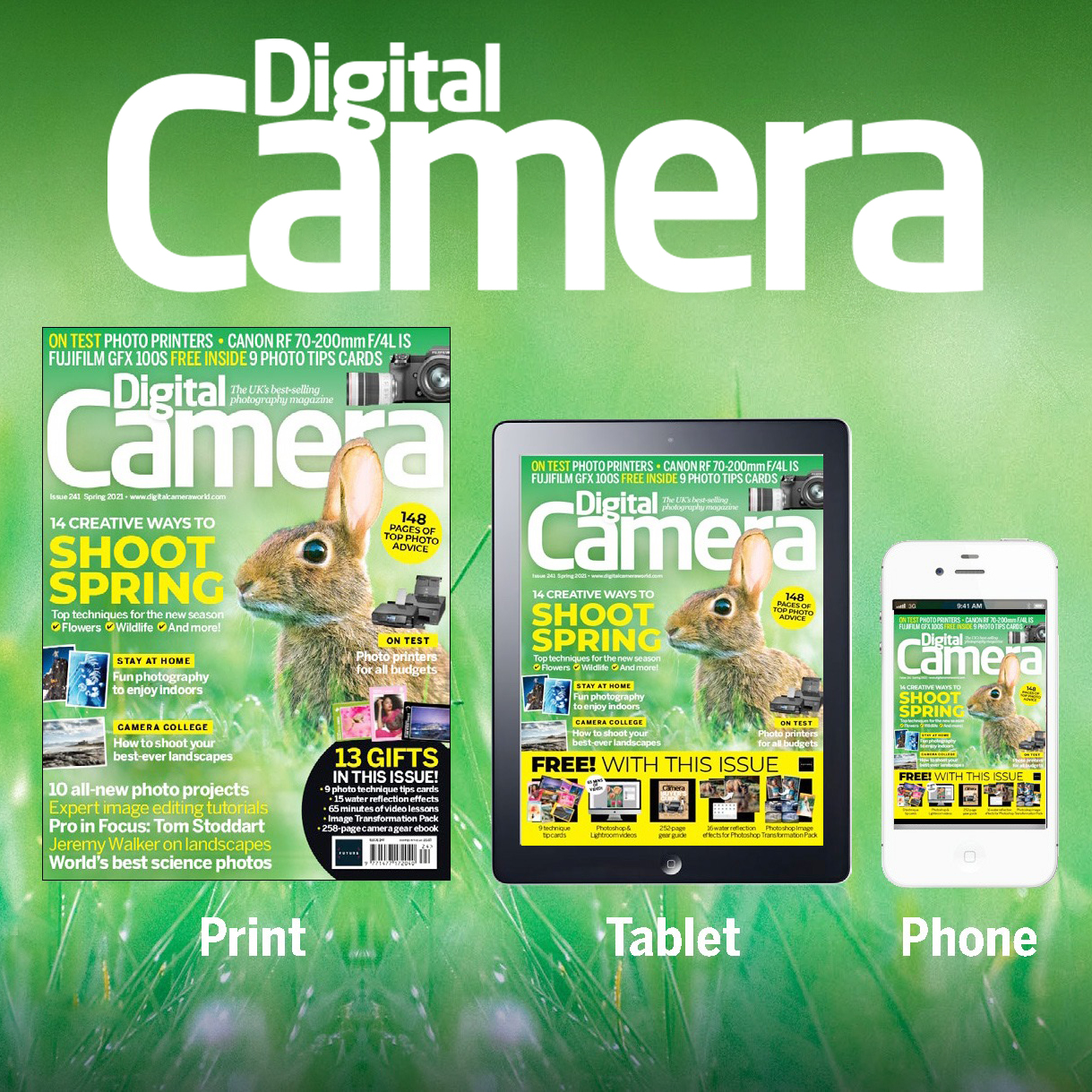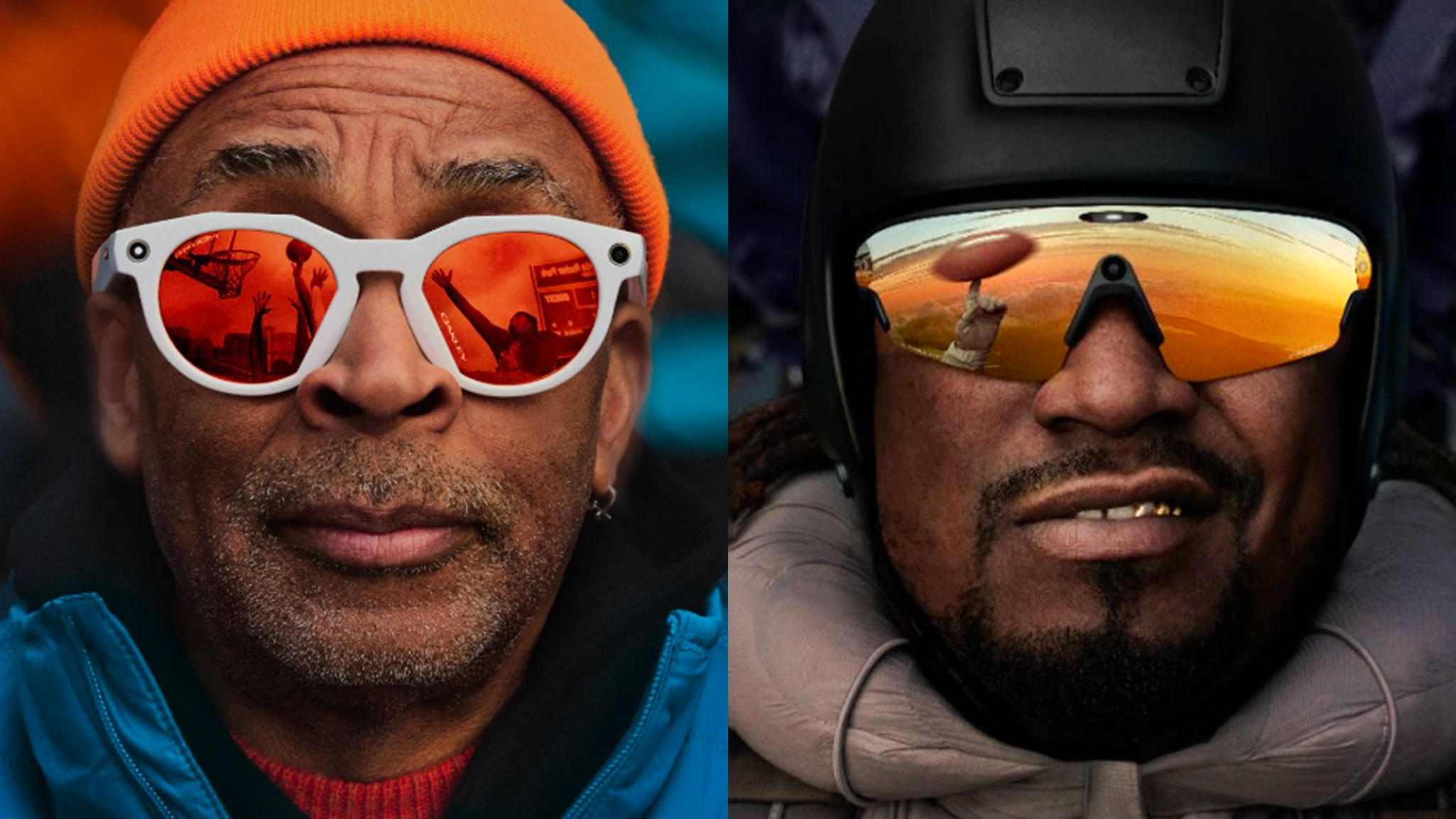How photographer Amy Bateman went from novice to fully-fledged professional
Fotospeed ambassador Amy Bateman's life completely changed when she gave up her job as a physiotherapist to pursue a career as a photographer
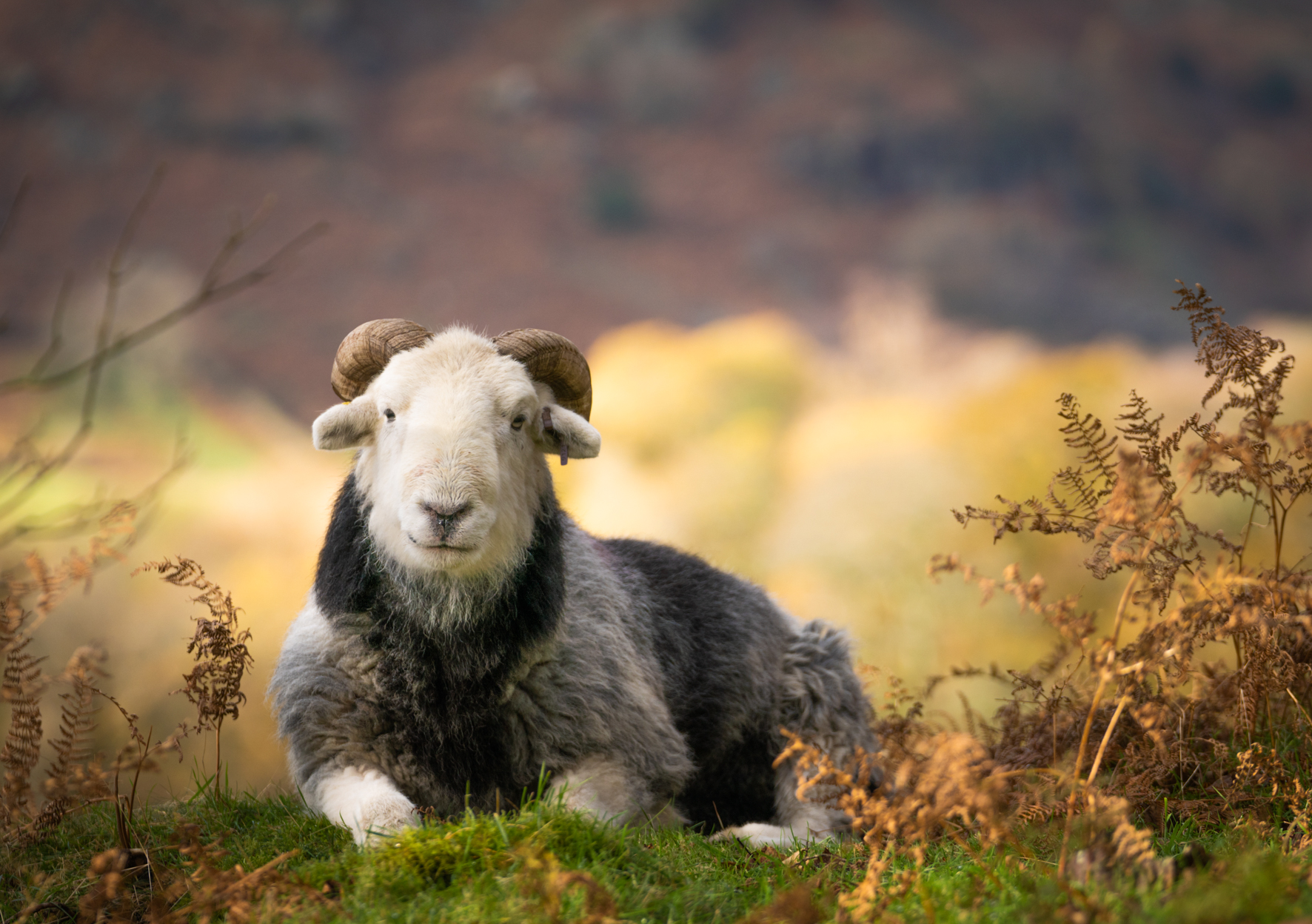
The best camera deals, reviews, product advice, and unmissable photography news, direct to your inbox!
You are now subscribed
Your newsletter sign-up was successful
From physiotherapist to a photographer, to publishing a book documenting farms in Cumbria, Amy Bateman is proof that no career or way of life is unchangeable. Living rurally, her entry into the world of photography was aided by online forums, workshops, and competitions which helped her to improve her techniques and get her work noticed. Now she is publishing her first coffee table book, Forty Farms which documents the diversity of farm life around the Lake District in the UK where she lives.
Juggling parenthood, rural life, and her newfound passion for photography hasn’t always been easy. There’s been exciting job offers she’s had to turn down and stunning photo opportunities missed but there are advantages to living on a 900-acre farm and getting to know it like the back of her hand.
Through hard work, determination, a small sum of money to kickstart the journey, and support from her family, Amy has navigated her way from novice photographer to fully-fledged professional whose debut book, Forty Farms launched on September 16.
We caught up with Amy to discuss how she’s achieved it, what equipment she can’t live without, and how winning a competition with Fotospeed has helped fast-track her career.
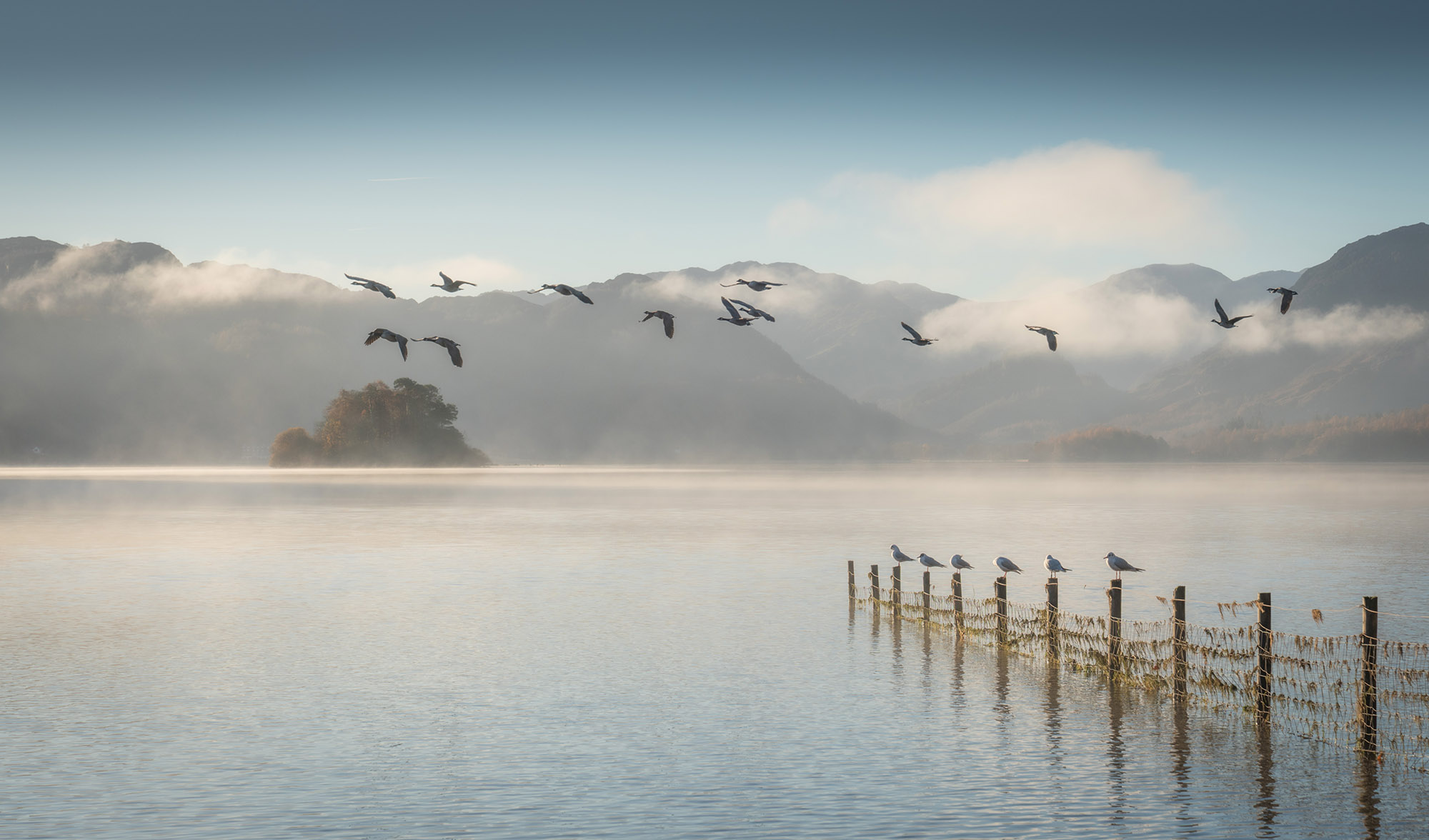
How did you go from amateur to professional photographer?
I left my own Physiotherapy clinic, patients, staff and career to look after my three girls and help run our working farm. But I needed something else and having inherited a small sum of money, I decided to buy a good camera. My photographic journey began and everything just clicked.
I attended evening classes at Kendal Brewery Arts Centre completing the intermediate Digital Photography course and progressed through to the advanced course. I was hooked, read magazines and watched YouTube tutorials to constantly build on the skills I learned and put them into practice. There's always something new to learn in photography, different techniques or skills to hone, and although I've still got a lot to learn, I'm enjoying the process. Having the time and space to be creative is one of the most joyful aspects of photography.
Living rurally and at home looking after my family I didn’t have a photographic network locally so I entered many competitions and shared my images online. The Monday Twitter competitions I entered, such as #FSPrintMonday, #WexMondays and ShareMondays were invaluable – expanding my knowledge of photographic genres and exposing me to images and techniques.
I won the London Photo Festival Photo Contest in 2017 and also went on to win other more notable competitions like the Fotospeed Photographer of the Year 2018 and British Life Photographer of the Year 2019. Everything seemed to fall into place. I could be a homemaker, care for my children and channel my energies into photography!
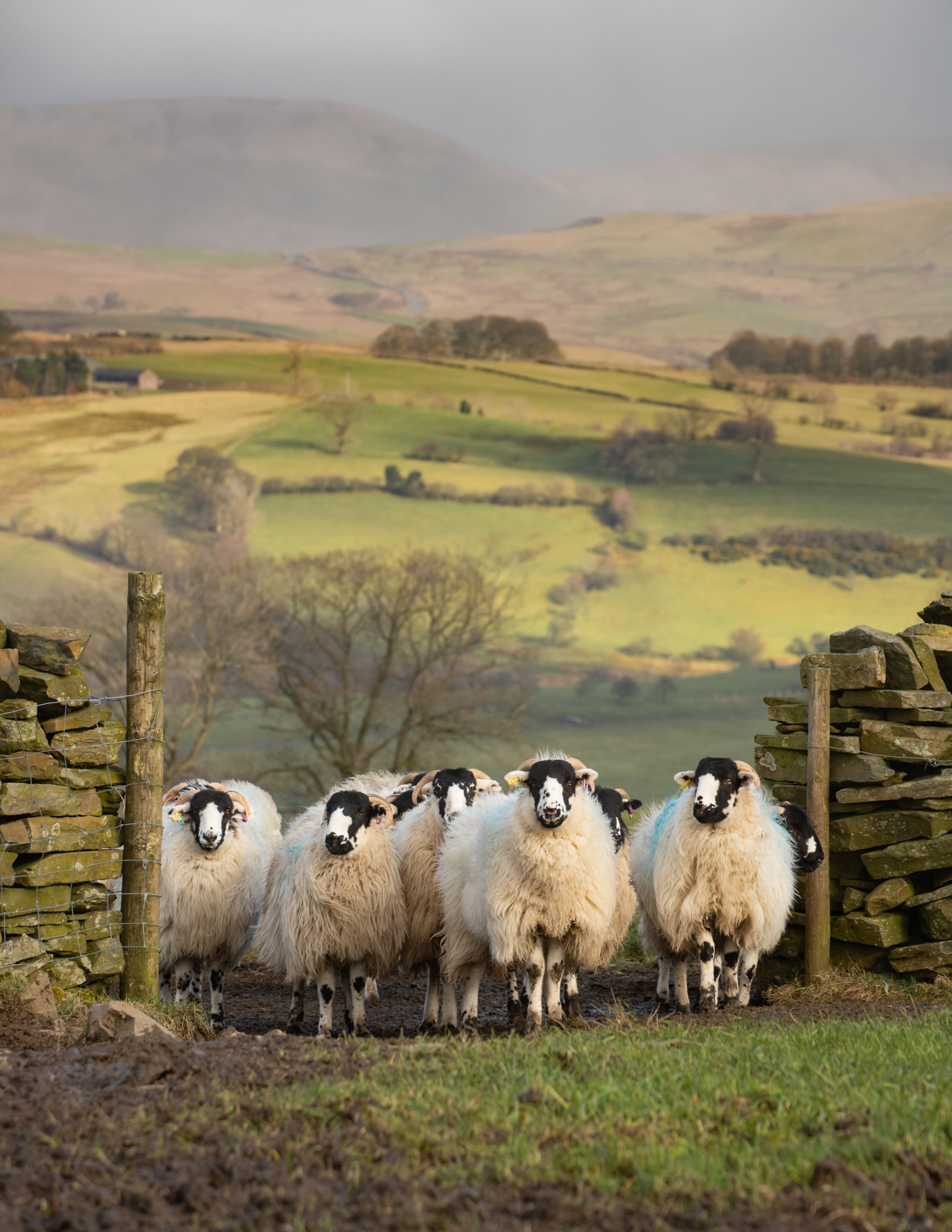
What is your essential kit for the outdoors capturing domestic and wild farm life?
I love a rucksack: I genuinely carry more than I need because I hate being somewhere and thinking I’d really like to use my such-and-such lens and I haven't got it with me. So a really good camera rucksack is a must.
A polarizer: Kase magnetic filters and polarisers are absolute game changers. They make it so fast to pop them on and take them off. I can't be faffing, screwing things in, putting extension holders and filter holders on my camera. But with Kase magnetic filters and polarisers, you just slap them on – job done. I’m very impressed with these, so they’re definitely in my essential kit.
Lens cloths: Lots and lots of lens cloths!
Waterproof covers: I carry really cheap flimsy waterproof covers with me that pack down really small. If I'm somewhere where it is raining, but don't want to miss the shot I will throw one on to protect my equipment. I then don't have to make the decision of either missing the shot or ruining my equipment, I can do both.
Hoodman Launch Pad for Drone: I really like using my drone to capture the farm and animals in a wider context of their environment. I use a Hoodman Launch Pad, which is absolutely essential to keep my drone clean, dry and safe. It protects my car when I launch off its roof and also saves me chopping down many grass blades with the propellers when launching on grass. The Hoodman pad has really helped me not have to replace my drone propellers too often.
Check out our guide on the best camera backpacks.
How would you describe your photographic style?
I remember having lessons on style in evening classes and I always thought, “How am I ever going to create a style?”. I never thought that I had a style, yet people recognize my images now and so I have realized that I do have a style – but I can only recognize it to an extent. Have quite high contrast images, more low-key than high, and focus on story-telling imagery.
If I could give anyone advice, I would tell them not to worry about trying to create a style or copy an existing one. You should just be true to yourself. Edit to what you think works for the image and your style will naturally develop. If you try to copy someone else’s work, you're not being true to yourself, and you won't be able to do it again, and again, and again. Whereas, if you try to edit what you know, what you really enjoy, and find value and satisfaction in producing, then you'll be more consistent in your work and develop your style naturally.
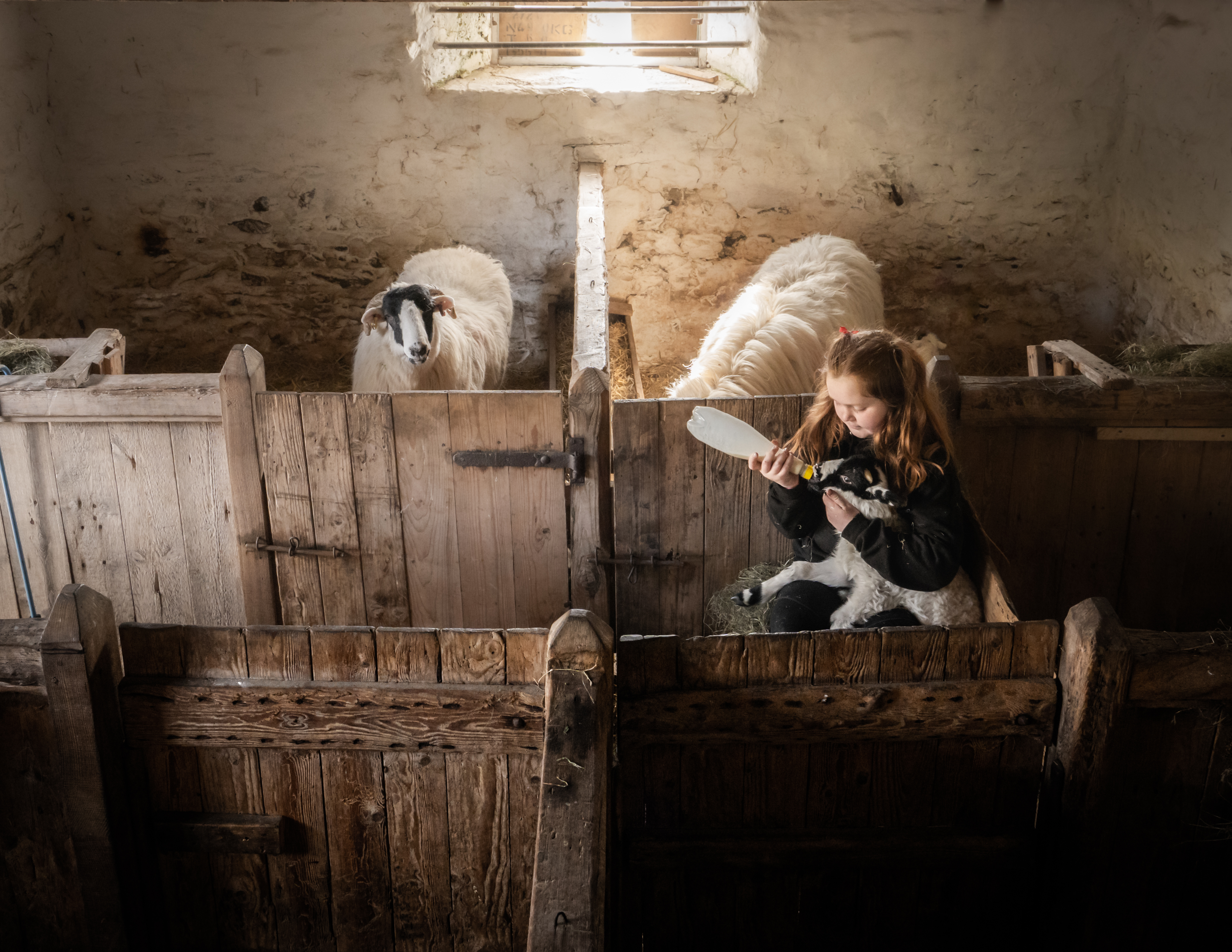
What is the most challenging and rewarding part of your photography?
My photography work is only done in school hours. The rest of the time, I'm determined to be around for my children. And so, there's a big compromise between being a commercial photographer and being a mum. I’ve turned significant commissions down as I can't travel to far flung places or have the ease of working to my own schedule. When seeing other people's photographs of sunrises, I need to remind myself that I have three young girls and I’m married to a farmer. My dedication to my family and farm makes capturing photographs of sunrises difficult, so I’ll just wait and over time I will have opportunities to capture those images. And of course I make the most of our land here at home, on my doorstep.
We've got 900 acres – that's a lot of land to be able to capture the landscape, farm life, farm animals, nature and food production. I get to capture the behind the scenes of farm life that people rarely experience. I know our farm inside and out, where to find the March hares when they're boxing, beautiful examples of regeneration in Juniper on our fell and time it just right to capture them in the best light.
Knowing my farm intimately and its environment, enables me to capture those images at the best times rather than having to learn the specific environment of landscape photographers or watching the weather the whole time.
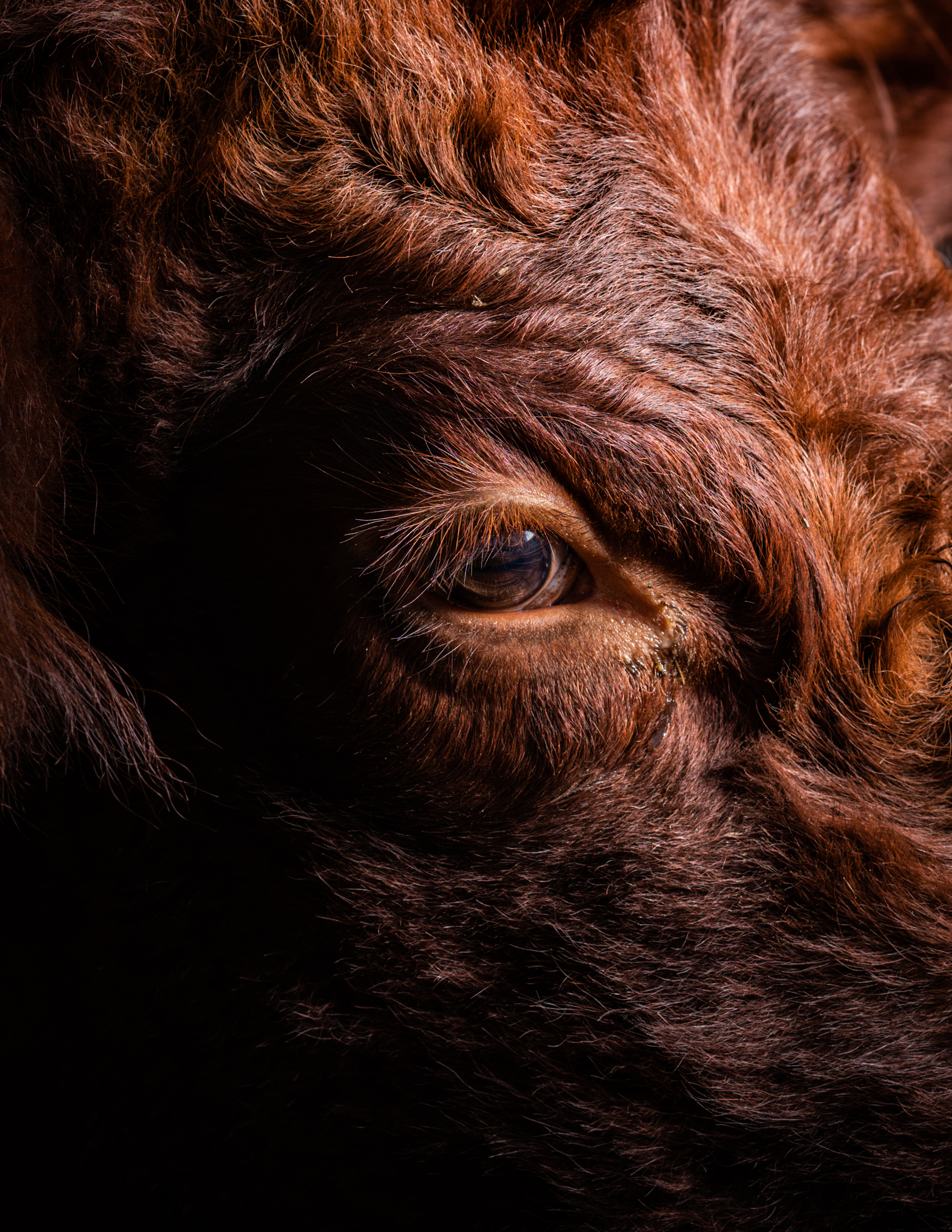
If you could only use one camera and lens forever, what would it be?
I've got a Sony A7R IV and Sony A7 III, which I will be upgrading to a Sony A7 IV (released in December 2021). I've been very impressed with their capabilities and have had many opportunities to improve my photography and capture great images.
As for a lens, I’d definitely say a telephoto lens. Having a longer lens enables me to get really close up and capture animal portraits without having to be that close to them and change their natural behavior. The length of your lens is critical in enabling you to capture your subject without changing its behavior too much. They'll know you’re there and run away from you, and you won't get an accurate image. My favorite lens is the Sony FE 24-70mm f/2.8 G Master.
What does documentary photography mean to you?
I think the thing about documentary photography for me is that it's about telling the story. For farm photography in particular, it's different. It's not necessarily a wildlife photograph or a landscape. You're telling a story about what's actually happening in front of you. It's those elements of storytelling; your composition, the light, your leading lines, and the interaction of your subject with its environment.
I think also, there's something about photography of farmland that is quite unique. You kind of have to open your eyes a little bit more. I mean, landscape photographers do use the same leading lines of walls and fences, or gateways and openings that open a door or lead the viewer into your image. But then if you've got animals in your image, it changes the focus of the subject. A lot of people generally overlook the animals and consider them just part of the bigger composition. I generally tend to make the animals more part of the image and I like to add an element of storytelling to my images. The animals are essential because I'm photographing farm life, not only a part of it.
Could you tell us more about the "Forty Farms" project?
It's a photography book showcasing 40 farms in Cumbria, and how the landscape is used by different farming families. It includes real human-interest stories that unfold in the ever-changing landscapes of one of the UK’s best-loved mountain landscapes – the Lake District.
It highlights independence, innovation and resilience in a post-Brexit world of declining farm subsidies, as we seek to focus on producing food closer to home, whilst balancing the drive towards net-zero, and restoring biodiversity.
I feel very privileged to be in a position where through my photographs, I can get people back in touch with the food that is grown here, right next to where we live in Cumbria. Not only have I photographed the farm life and agricultural elements, but I have also interviewed the farmers and had very honest, in-depth conversations. They have been incredibly generous with their time. Those interviews have developed their story along with the images on how they care for the landscape.
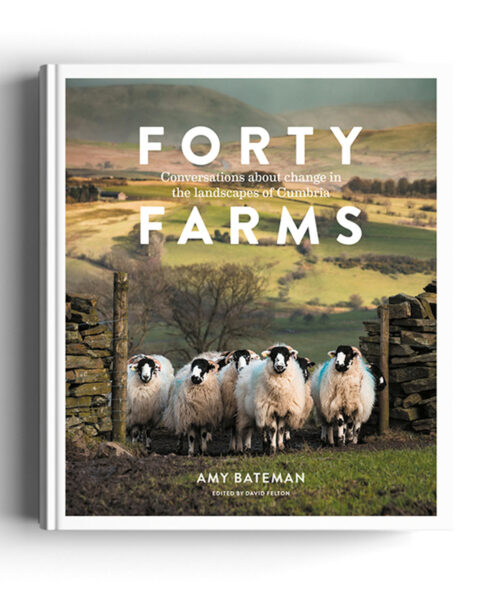
Forty Farms is a 336-page hard-cover book that includes over 500 photographs, intuitively developed through instinct and sentiment, and will be released nationally on 16th September 2022.
The first 100 books sold will include a free signed image kindly printed by photography printing specialists Fotospeed.
This also marks the opening of a major free exhibition at Rheged, Penrith, Cumbria, featuring the photographs I captured for the book, which will run until 4th January 2023.
The best camera deals, reviews, product advice, and unmissable photography news, direct to your inbox!
The exhibition is also supported by a Forty Farms Festival of talks, debates, films and creative classes, which will run from September-December, a full program diary of events will be unveiled at Rheged.
Why not also discover the best books on photography? These are the best Sony cameras, if like Amy, you love all things Sony.
The sister print publication to this website, Digital Camera Magazine is Britain's best-selling photography publication – and it can also be purchased outside the United Kingdom as Digital Camera World.
Digital Camera Magazine is packed with more expert advice and more inspirational images than any other title, with the sole aim of helping you become a better photographer. Every issue we also bring you a selection of great gifts which are designed to help you get more from your photography – everything from tips cards and cheat sheets to free software and bookazines.
In addition to inspirational images, interviews, projects, mini tests and tutorials, each issue is packed with news, reviews and comparisons, as well as photographer vs photographer shootouts and head-to-head challenges using the best photo editing software.
The magazine is captained by Editor Niall Hampton.
